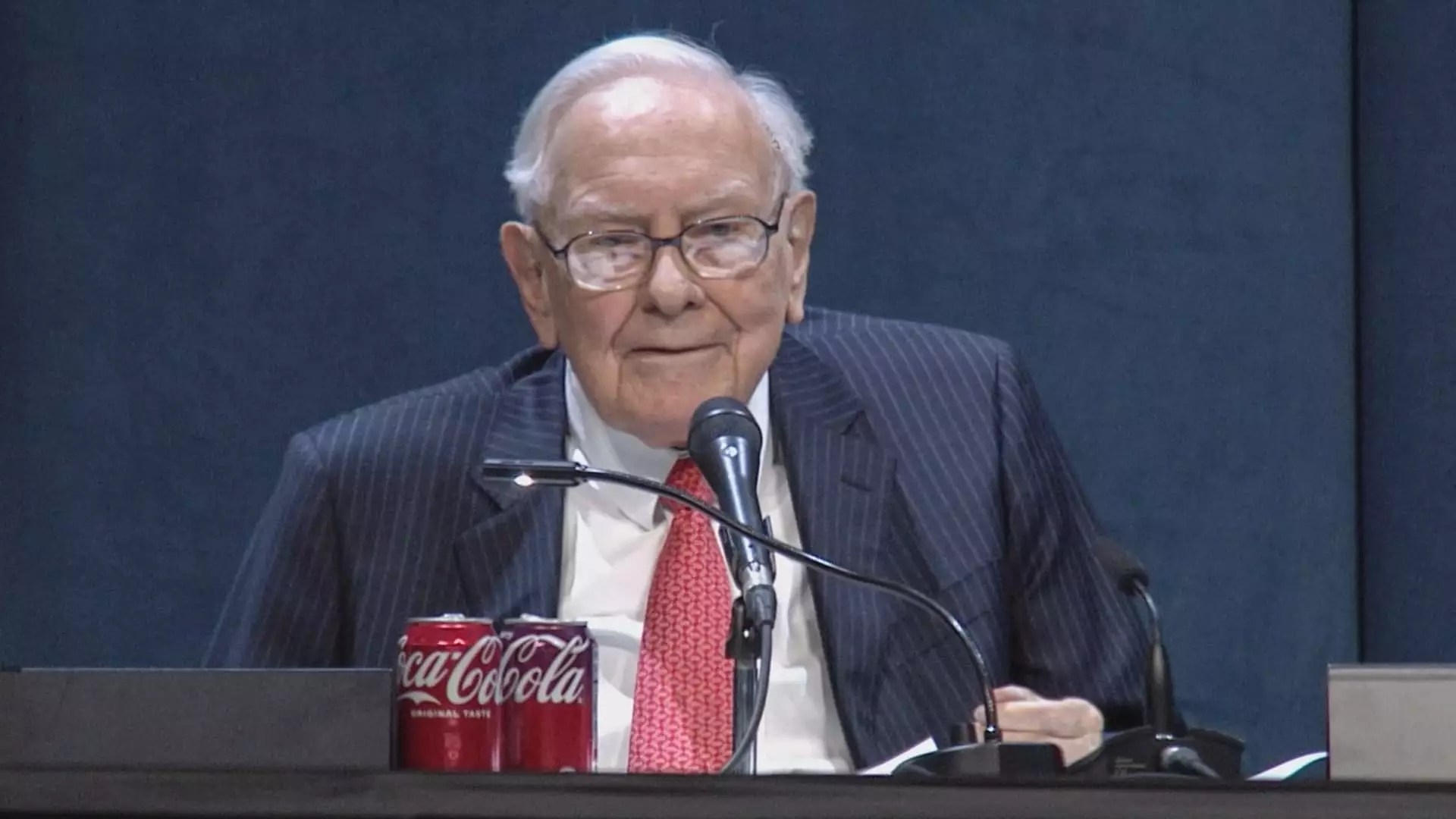Berkshire Hathaway’s latest financial disclosure reveals cracks beneath the might of Warren Buffett’s empire. While the reported 4% dip in operating earnings might seem modest, it exposes the underlying vulnerabilities of a colossal conglomerate entangled in an unpredictable global economy. The slight decline in profits underscores the fragility of even the most diversified giants when faced with external shocks like tariffs and trade tensions. This is no longer the era of Buffett’s invincibility; rather, it’s a stark reminder that no amount of accumulated cash or market dominance can fully insulate a business from the tumult of international policies and economic disruptions.
The Rising Tides of Trade Wars and Political Uncertainty
Berkshire’s warning on the impact of steep tariffs issued by the Trump administration cannot be dismissed as mere caution. It reflects a broader truth: the American economy’s resilience is waning under the weight of hostile trade policies. The conglomerate’s concern about adverse consequences across its various sectors signals that economic stability is increasingly precarious. While some sectors like railroads and energy recorded gains, these are’t enough to counterbalance the growing volatility. The aggressive stance on tariffs symbolizes not just a threat to operational profitability but also a broader erosion of America’s competitive edge in the global marketplace.
The Myth of Cash Reserves as a Safety Net
Buffett’s colossal cash holding of nearly $344 billion stands as a stark paradox. On the surface, it appears as a fortress of security; in reality, it might be a sign of cautious retreat amid mounting economic threats. Holding such vast sums in a climate of policy uncertainty signals perhaps a lack of confidence in short-term investment opportunities. Meanwhile, the decision to refrain from share repurchases—despite Berkshire’s shares falling more than 10% from their peak—reflects a misguided sense of patience that borders on stagnation. Cash can buy opportunities, but only if the economic environment stabilizes and offers tangible prospects. Otherwise, it risks becoming an impotent reserve.
The Decline of Long-Standing Holdings and Strategic Shifts
A notable element of Berkshire’s recent moves is its exit from some of its traditional investments, exemplified by the $3.8 billion write-down on Kraft Heinz. Such losses reveal the precariousness of relying on legacy holdings that fail to adapt swiftly to market shifts. The planned spinoff of Kraft Heinz’s grocery business hints at a recognition that old-fashioned conglomerate strategies are losing their punch. If Berkshire is to stay relevant, it must evolve beyond passive collecting of stakes and into a more strategic, agile force capable of navigating the stormy waters of modern commerce.
The Changing of the Guard and Future Uncertainty
With Greg Abel poised to succeed Buffett as CEO, Berkshire faces a pivotal transition. The passing of the torch signals an opportunity for renewal, but also raises questions about whether the new leadership can steer Berkshire through the turbulent economic landscape. Buffett’s stewardship, while legendary, was rooted in a period of relative stability and confidence. The future demands a more dynamic approach, something that Buffett’s cautious, value-driven philosophy might struggle to fully embrace in today’s volatile environment. The longstanding belief that Berkshire’s financial strength grants it immunity is increasingly being challenged.
The landscape is shifting beneath the feet of even the most seasoned investors. Buffett’s fortress of cash, diversified holdings, and reputation may no longer suffice in a world where trade wars and political uncertainties threaten to undermine the very foundation of economic stability. The era of unchallenged dominance appears to be giving way to a new reality—one requiring resilience, adaptability, and perhaps a dose of humility in the face of evolving global risks.

